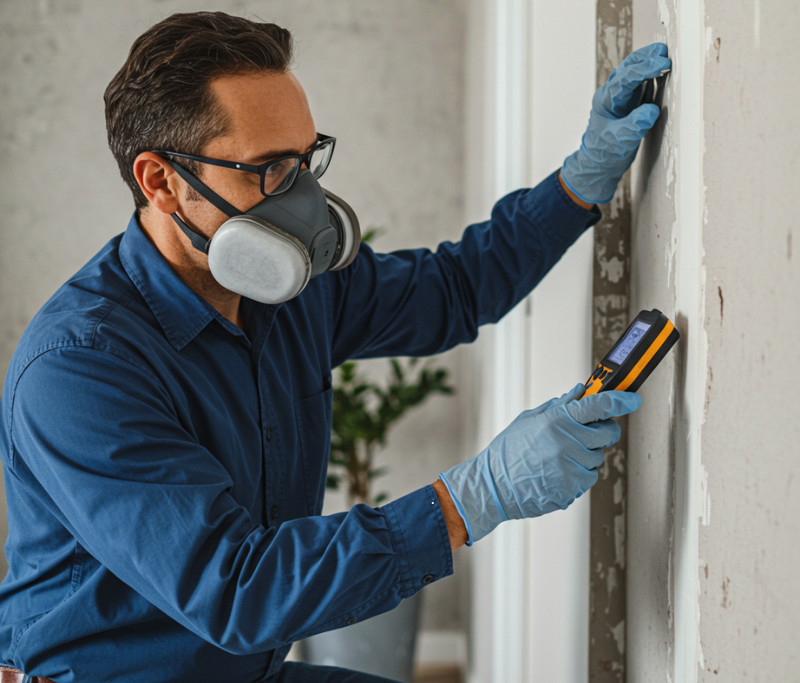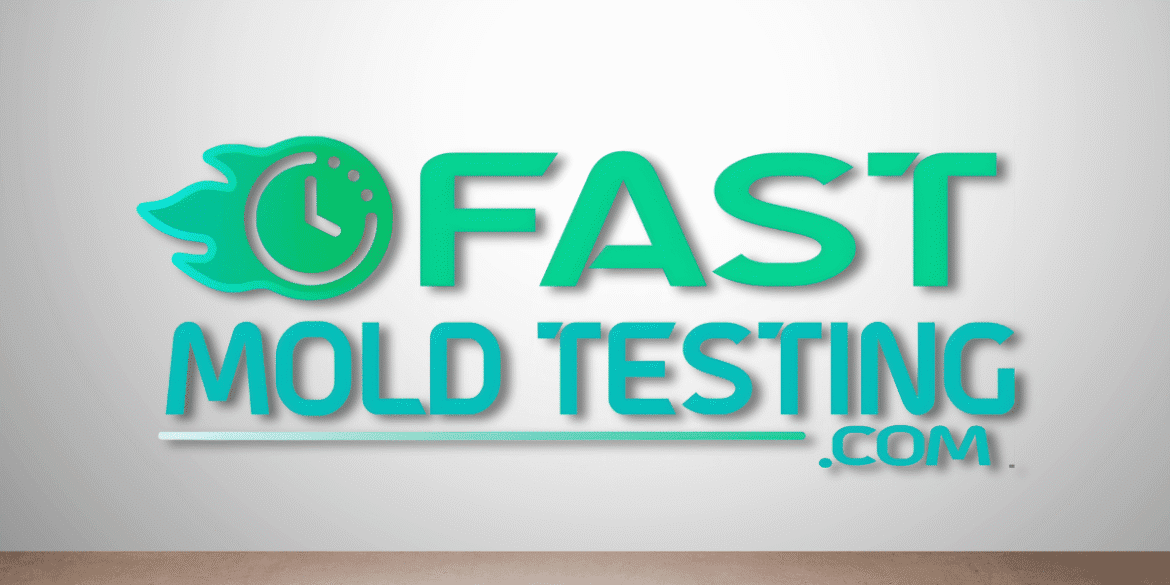If you’re renting in San Diego and suspect mold in your home, knowing your rights can help protect your health and your lease.
Mold in San Diego Rentals: A Hidden Health Risk
Mold inspections in San Diego is renowned for its pleasant climate, ocean breezes, and sunny days, but even in this ideal environment, mold can thrive. Leaks from air conditioning units or persistent dampness in certain rental properties can create the perfect conditions for mold growth. Mold can not only damage your living space but also pose serious health risks. It’s important for tenants to understand how mold can affect your health and what actions you can take to address the issue.
Understanding Your Rights as a Tenant Under California Law
Under California law, renters are entitled to live in safe and habitable conditions. According to California Civil Code §1941.1, landlords must maintain rental properties free from mold and other dangerous conditions. This includes mold that develops from water leaks, inadequate ventilation, or faulty plumbing. If these issues exist, the landlord is required to address the mold problem and ensure the property is safe for tenants.
Implied Warranty of Habitability
In California, tenants are protected by the Implied Warranty of Habitability, which requires landlords to maintain safe living conditions. This means that if mold makes your rental unsafe, your landlord must take immediate action to resolve the issue. If the landlord fails to address the mold problem, they may be violating state and local regulations.
Local Ordinances and Assistance
In addition to state law, San Diego residents can seek help from the City of San Diego Code Enforcement Division. If a landlord refuses to address a mold problem, tenants can file a complaint under the San Diego Municipal Code. The Code Enforcement Division may inspect the property and compel the landlord to fix the issue or face penalties.
Steps to Take If You Discover Mold
Mold testing in San Diego If you discover mold in your rental, it’s important to take action quickly. Here’s what you can do:
- Document the Mold
Take clear photos or videos of the mold and note the location and date you first noticed it. Keeping a record will be helpful if further action is needed. - Notify Your Landlord in Writing
Send a formal notice to your landlord describing the mold issue. Be specific about the location and potential causes, such as leaks. Sending the notice via email and certified mail ensures there is a record. - Get a Professional Inspection
If the landlord is slow to respond or disputes the presence of mold, consider hiring a certified mold inspector. A professional inspection can provide further documentation and help support your case.
 What Your Landlord Must Do
What Your Landlord Must Do
Landlords in San Diego are required to take prompt action when mold is reported. Their responsibilities include:
- Inspecting and addressing the cause of mold growth, such as water leaks or poor ventilation.
- Repairing any leaks in plumbing, roofs, or HVAC systems that contribute to moisture buildup.
- Hiring certified professionals for mold remediation when necessary.
If repairs are extensive, landlords may need to offer alternative accommodations or arrange temporary relocation.
What to Do if the Landlord Doesn’t Respond:
- Send a Final Demand Letter: Give a last chance to resolve the issue.
- File a Complaint: Reach out to San Diego Code Enforcement if the landlord refuses to act. Visit the San Diego Code Enforcement Division for more information.
- Withhold Rent: Tenants can legally withhold rent under specific circumstances.
- Small Claims Court: Seek compensation for damages or health issues caused by mold.
Compensation:
- Rent reductions or reimbursement for medical expenses, property damage, and relocation costs are potential avenues for compensation.
Additional Resources:
- Fast Mold Testing provides professional mold inspections in San Diego. For more details, visit Fast Mold Testing in San Diego.
This information can be valuable if you’re dealing with mold and your landlord isn’t responsive. Ensuring your living space is safe and healthy is a fundamental right, and the law provides the necessary steps to protect you.

